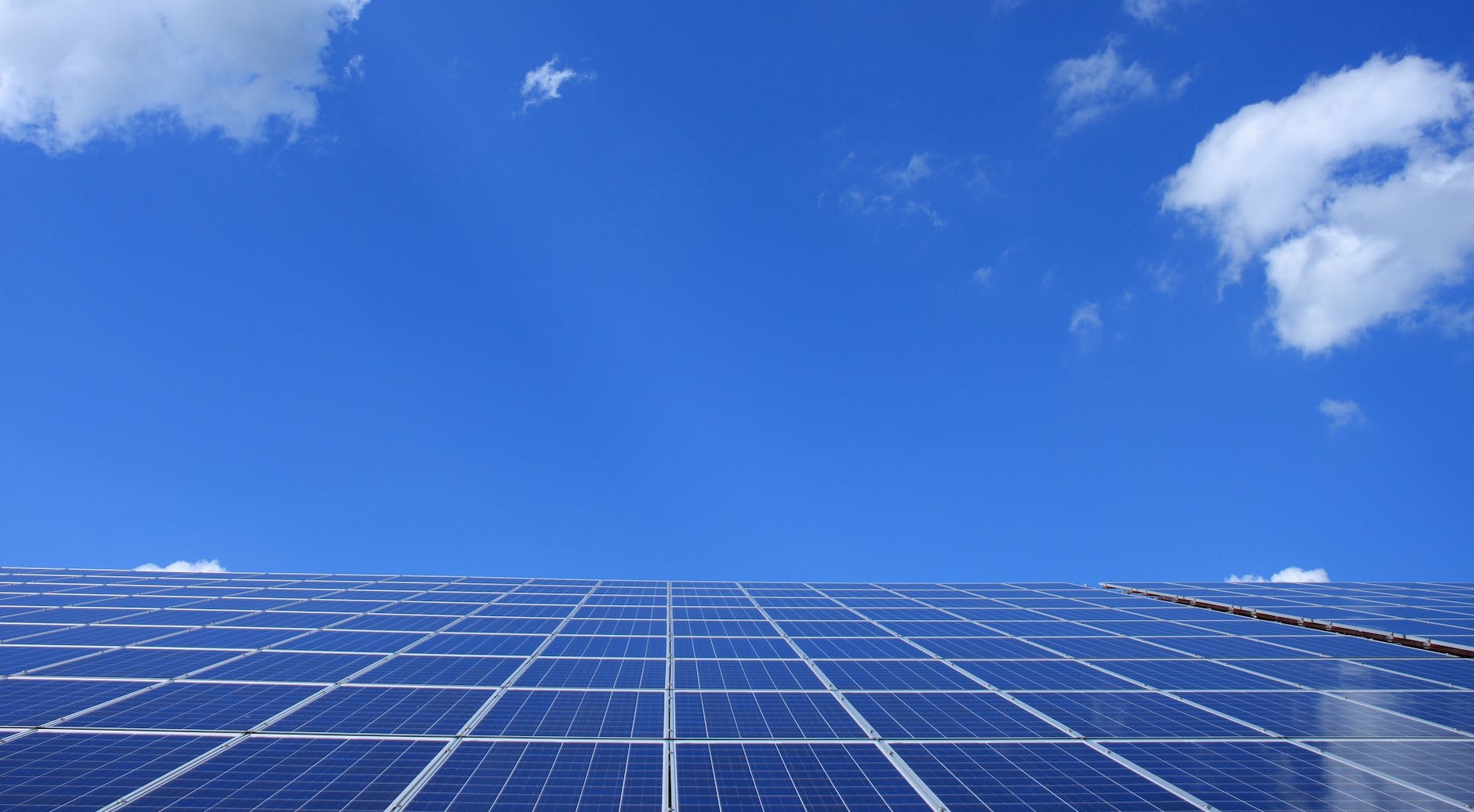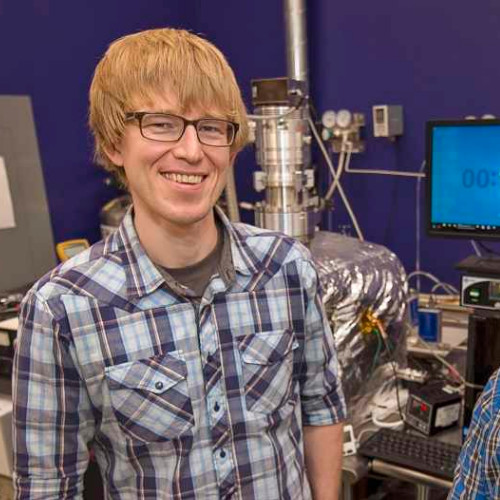
Green.org sat down with Douglas Hutchings, Co-Founder and Chairman of Delta Solar, to learn how they are reducing the costs of producing silicon based solar cells.

Douglas, thank you for joining us. Tell us a little bit about you and your background:
I was working on my PhD at the University of Arkansas in 2009 when I had the opportunity to start a company around a technology to greatly reduce the costs of producing silicon-based solar cells. I have now had the great fortune to work throughout the solar value chain and support technology innovations at both the cell and module levels. In 2017 the cost of solar came down to the point it was financially attractive in Arkansas and I co-founded Delta Solar which focuses on building solar arrays for the commercial and agricultural industries.
What would you do with $1 Billion dollars?
Besides building a lot of solar systems to optimize my new-found tax appetite, I would support science-based entrepreneurship in Arkansas. I’d work to build something resembling the Lassonde Entrepreneur Institute at the University of Utah in Northwest Arkansas and focus on retaining and attracting world class talent locally.
Why do you think sustainability is such an important topic today?
Sustainability today includes financial sustainability which should be a goal of every company regardless of sector. The transition from renewable energy from a driver of environmental sustainability to one of financial sustainability was, and continues to be, a massive inflection point.
What do you envision your industry looking like 10 years from now?
The energy industry is advancing at a tremendous pace. In the next 10 years I would envision most new construction incorporating on-site energy generation and storage as an integrated part of the design. Aesthetics and ancillary value creation (like covered parking) will get increased consideration. Ultimately the utility model will put added value on the transmission / distribution aspects of the business than generation.
What can the average person do to make a difference?
Spend the time to understand your own personal energy consumption and the utility rate structure you are on. Once you understand the rules of the game, you can optimize your outcomes which hopefully include enhanced sustainability.